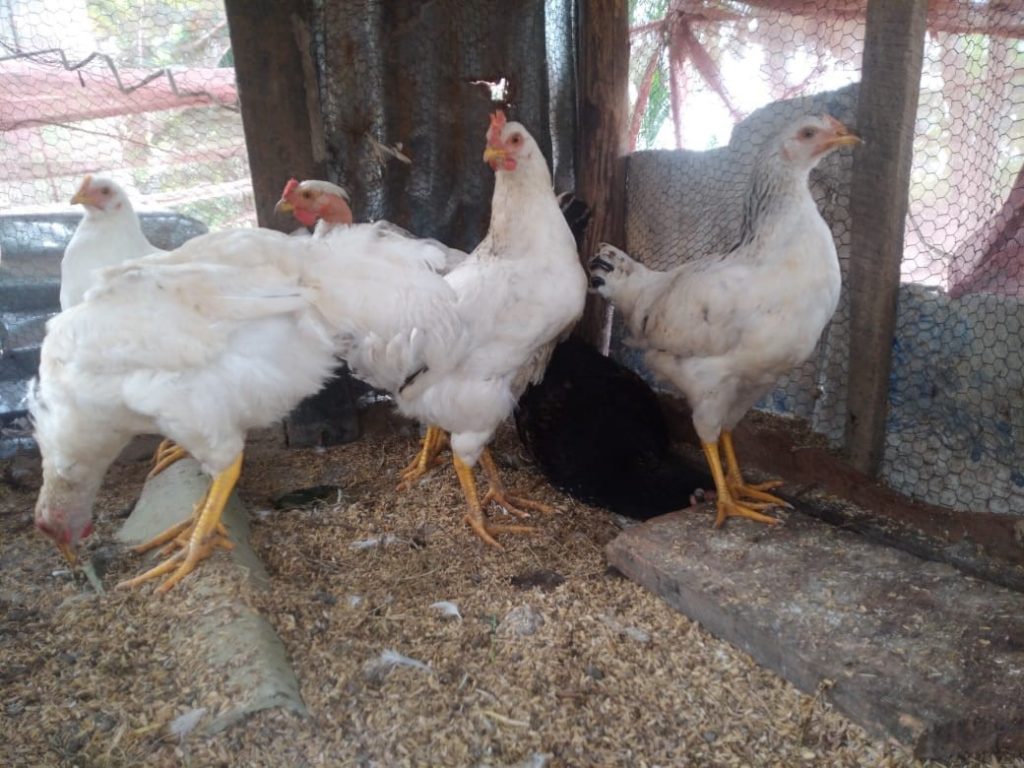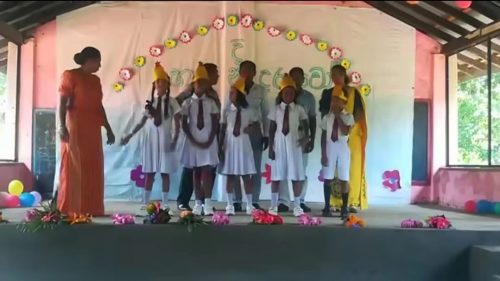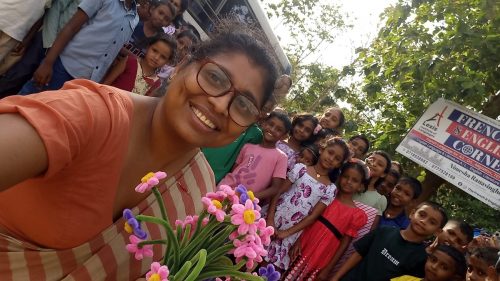
Rural Society Empowerment Programme

They Are About to Lay Eggs
As we progress with our pilot projects, we eagerly await the first eggs from our hens. Although they haven’t laid any eggs yet, they are growing well and are expected to start laying in about two weeks, according to our plans.
Thanks to Samantha’s financial contribution and technical expertise, we provided one-month-old chicks to ten families at Muriya Kadawala School. Samantha, a veterinarian at Gannoruwa VRI, has been instrumental in this project. She, along with the local doctor, guided the families on how to maintain chickens on a zero budget. We regularly received updates from the teacher at Muriya Kadawala School on how the parents were managing their backyard poultry.
Initially, we faced challenges as some chicks fell ill and died. However, the remaining chicks are thriving, and we expect them to start laying eggs by mid-March, marking the beginning of the Egawa project.
Benefits of the Program
This program offers numerous benefits:
- For Mothers: They can use the income from selling eggs to support their families and children’s education.
- For the School: The school will receive a steady supply of eggs, ensuring the children get the necessary protein.
- For the Children: They will have access to nutritious meals, which is crucial for their growth and development.
- For Us: We can see the positive impact of our efforts and continue to support more schools.
Chickens typically start laying eggs at around four months old and continue for about seven months, laying one egg per day. If 80% of the hens lay eggs, the school will receive approximately 40 eggs per day, more than enough to meet the protein needs of the children.
Sustainable Model
We discussed with the mothers how they could raise chickens and provide eggs to the school. They can use the income from selling eggs for their own needs and contribute a portion to the school’s food program fund. This way, the school can receive 2000 rupees per week from the egg sales, a significant amount for schools in our nation.
Our goal is to create a self-sufficient model where parents can support their children’s nutrition and education. If successful, we can extend this project to fifty more schools, benefiting even more children.
Future Plans
This project, which provides free chickens, cages, money, food, and eggs, is also being implemented with the World Food Program. However, our approach focuses on empowering the food providers to ensure children receive a balanced diet.
As soon as the first egg is laid, we will share the news and expand the project. Sister Chamari is leading this initiative, which involves 5000 chickens. While the program is not for meat production, we will address the issue of what to do with hens that stop laying eggs after seven months.
This program aims to empower parents, provide economic support to children, and meet their nutritional needs. Although the hens haven’t laid eggs yet, we are optimistic they will soon. This initiative is a step towards encouraging parents to send their children to school, ensuring they receive the nutrition they need.



